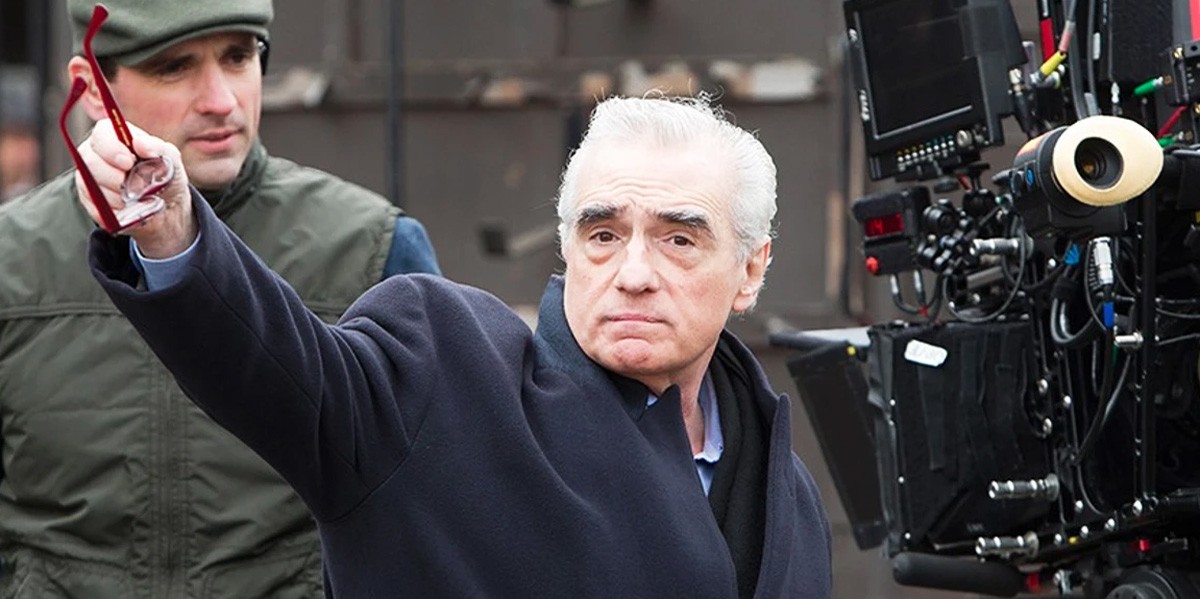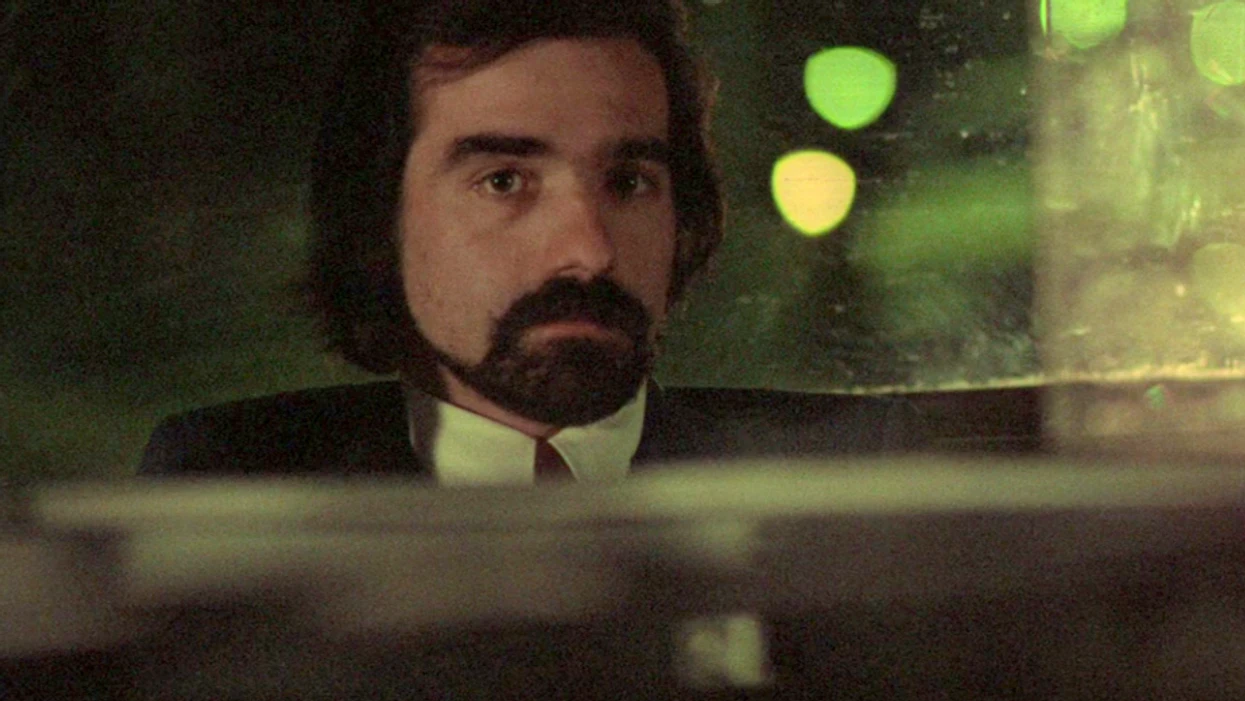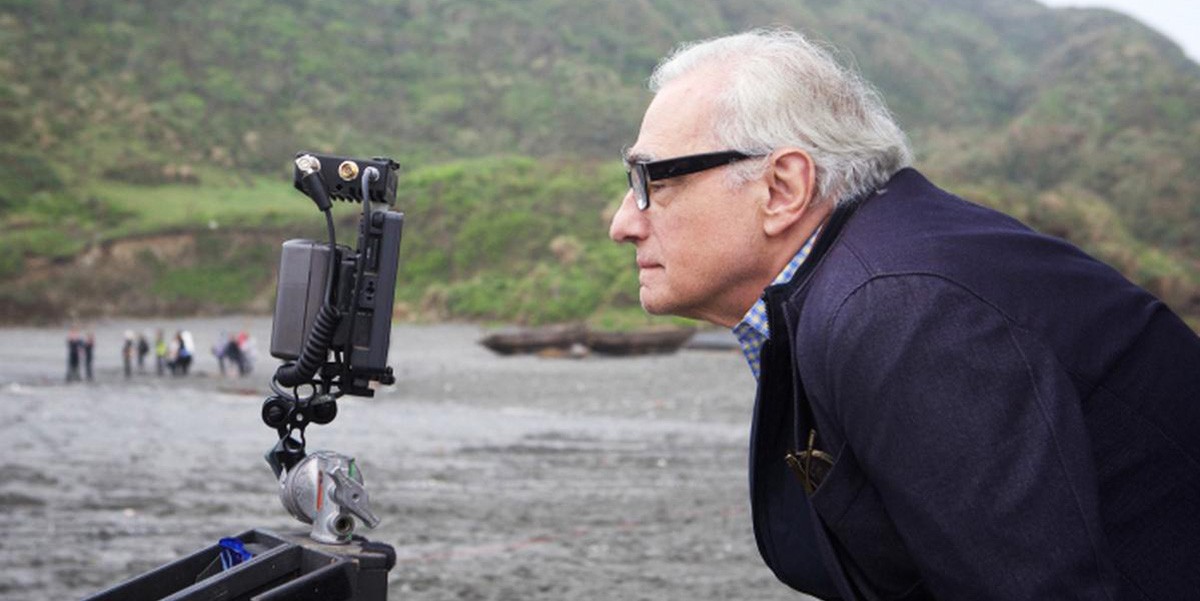Although it was fairly known that Martin Scorsese did not watch his films, it was recently revealed by the man himself that it was not that he didn’t, but that he couldn’t. Scorsese revealed that whenever he went to the theatres, there would always be a taller guy sitting in front of him. Furthermore, due to his short height, it was fair to say that he couldn’t enjoy his movies at all, staring at the back of the head of some random guy.
Martin Scorsese has a career spanning more than fifty years and an impact that is felt by every corner of Hollywood. Not only have his character-driven, gritty masterpieces captivated audiences, but they have also inspired generations of filmmakers. From his initial experiments with metropolitan genres to his gangster epics, Scorsese has reliably pushed limits and redefined what films can be.

Martin Scorsese’s Shortcomings: The Director’s Self-Imposed Viewing Ban
Martin Scorsese, the filmmaker behind epics like Taxi Driver and Raging Bull, has a fairly special trait: he rarely watches his own films. The explanation, notwithstanding, is shockingly engaging, as it all boils down to his height. The director admitted in an interview with Variety that his 5’3″ height frequently put him at a disadvantage in movie theaters. He then said,
“I don’t do that. People talk and move around a lot. I’m short and there’s always a big person in front of me. It’s the same with Broadway — I can’t go to theater. There’s someone in front of me, and I can’t see the stage or hear the show. I really enjoy Imax as I get older. You go in, you can sit up in the back and you’re sort of looking up.
Regular screenings, I have found the audiences becoming a bit more raucous than they used to be. But maybe it’s always like in the ’50s when we used to yell back at the screen. But it’s very important to me to support films while they’re on the big screen. I just wait a while.”
Yet, is it simply an actual inconvenience, or is there something more profound? His films are well-known for their unflinching depictions of human flaws and societal anxieties and watching these extraordinary accounts unfurl, especially for the creator, can prove jarring. He just probably maintains a critical and emotional distance from his artistic output by avoiding it altogether.

But even if he stays away from his films, he contributes insightful analysis and commentary to the discussions and analyses about his films. Without necessarily needing to be visually immersed in the finished product, he delves into the creative process, dissecting themes and influences. In the end, Scorsese’s viewing habits stem from a genuine desire to engage with his art in a way that works best for him.
Martin Scorsese: A Master of American Cinema
Martin Scorsese is one of the most celebrated and persuasive movie directors ever. His collection of work traverses north of fifty years and includes probably the most famous movies for American films, like Taxi Driver, Raging Bull, and Goodfellas. His movies are known for their muddy realism, their brutality, and their powerful performances. Scorsese’s breakthrough film, Taxi Driver, was a 1976 film about a vigilante taxi driver.

The film starred Robert De Niro, and as it seemed, De Niro became one of his favorite actors as he starred in many of his projects. Furthermore, Taxi Driver was a major success for both of them as it helped them make their stand in the cutthroat industry. Scorsese also won his first Academy Award nomination for the film. After that, he made a line of award-winning movies. These movies solidified his standing as one of the prominent filmmakers of his generation.
During the 2000s, Scorsese made diverse movies that stepped on many uncomfortable topics, like Gangs of New York, The Aviator, and Silence. The surprising thing was that all of his films received positive reviews and this further demonstrated his willingness to experiment with his style and take risks. Lately, he has kept on making acclaimed films, for example, The Irishman and Killers of the Flower Moon.

These movies have shown that even after fifty years in the business, he is still an ace filmmaker. Martin Scorsese is a true giant of American cinema. Over the years, audiences have been amused, challenged, and inspired by his films. He is an expert narrator, and his movies significantly affect the historical backdrop of film. He also bagged countless awards and accolades consisting of fifteen Oscar nominations and one win.


